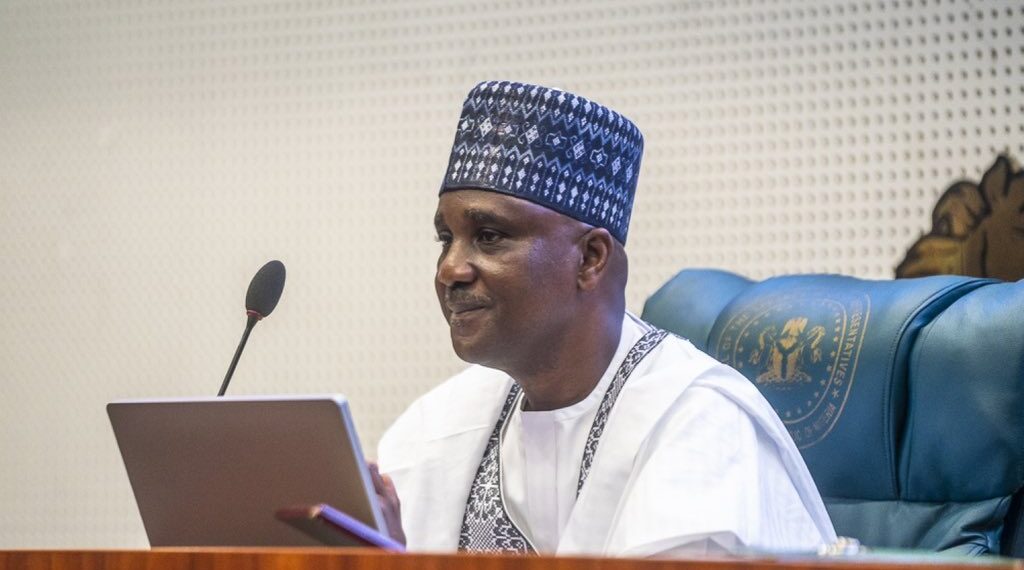Legislative Priorities and Economic Reforms:
The Nigerian House of Representatives, under the leadership of Speaker Tajudeen Abbas, has outlined its key legislative priorities for 2025, focusing on economic recovery and fiscal stability. The 2025 Appropriation Bill and a series of tax reform bills stand as the cornerstones of this agenda. These legislative initiatives aim to broaden the tax base, enhance compliance rates, and reduce the nation’s reliance on external borrowing, thereby fostering sustainable economic growth. The House acknowledges the potential impact of these reforms on vulnerable citizens and pledges to ensure equitable implementation, safeguarding the well-being of all Nigerians.
A critical component of the legislative plan involves rigorous scrutiny of the 2025 budget proposal. The House is committed to aligning the budget with national objectives and ensuring that its implementation delivers tangible benefits to the citizenry. To enhance transparency and inclusivity in the budget process, a Citizens’ Town Hall will be convened, providing a platform for public engagement and feedback. This participatory approach seeks to reflect the needs and aspirations of Nigerians in the national budget, fostering a sense of ownership and accountability.
Constitutional Review and Legislative Framework Development:
Beyond budgetary considerations, the House of Representatives is also actively involved in the ongoing review of the 1999 Constitution. The Constitutional Review Committee, spearheaded by Deputy Speaker Benjamin Kalu, has made significant strides in this endeavor, engaging in extensive consultations and reviewing over 350 memoranda submitted by the public. These efforts aim to address persistent governance challenges, promote inclusivity and equity, and enhance accountability within the Nigerian political system.
The House’s legislative agenda extends beyond constitutional amendments to encompass the development of robust frameworks addressing critical national issues. Gender equality, electoral reform, and energy infrastructure are among the key areas earmarked for legislative action. The House recognizes the profound implications of these legislative endeavors for Nigeria’s development trajectory and pledges to approach these tasks with unwavering resolve and a clear understanding of their significance.
Accountability, Collaboration, and National Unity:
Transparency and accountability remain central to the House’s commitment to effective governance. Initiatives such as the Open Parliament and State of the House live chats facilitate direct engagement with citizens, fostering a culture of openness and responsiveness within the legislative process. These platforms provide avenues for public scrutiny and feedback, strengthening the bond between the House and the people it represents.
The House emphasizes the importance of constructive collaboration with the executive arm of government while upholding the independence of the National Assembly. This partnership, grounded in mutual respect and a shared vision, is deemed essential for addressing the complex challenges facing the nation. By working together in a spirit of cooperation, the legislative and executive branches can effectively tackle the multifaceted issues confronting Nigeria.
As Nigeria commemorated Armed Forces Remembrance Day, the House called upon citizens to honor the sacrifices of fallen heroes and recognize the unwavering commitment of service members. This occasion serves as a reminder of the dedication and courage of those who have served the nation, underscoring the importance of unity and national cohesion.
Renewed Dedication to Service:
Speaker Abbas concluded his address by urging lawmakers to renew their commitment to service, equity, and progress. He emphasized the importance of dedicating their best efforts to fulfilling the mandate entrusted to them by the Nigerian people. 2025 presents an opportunity for transformative governance, and the House vows to work tirelessly to achieve this goal. By prioritizing economic reforms, constitutional review, legislative framework development, accountability, and collaboration, the House of Representatives aims to shape a brighter future for Nigeria, marked by progress, prosperity, and national unity.














